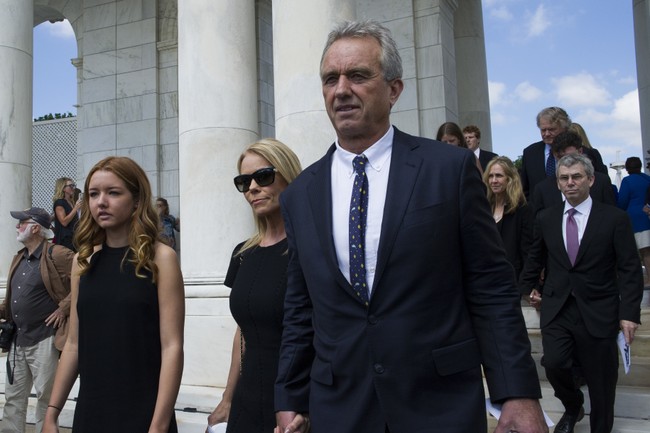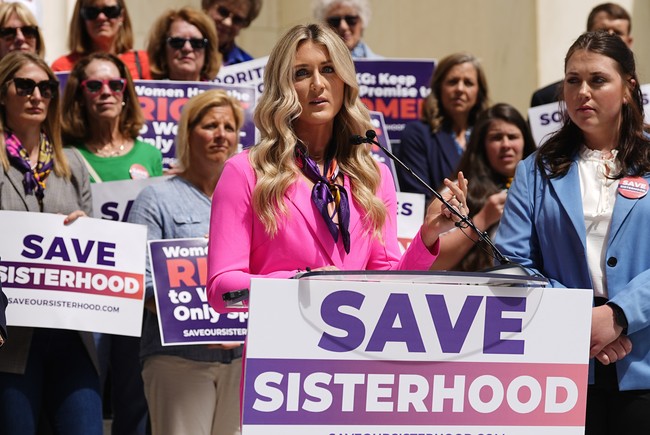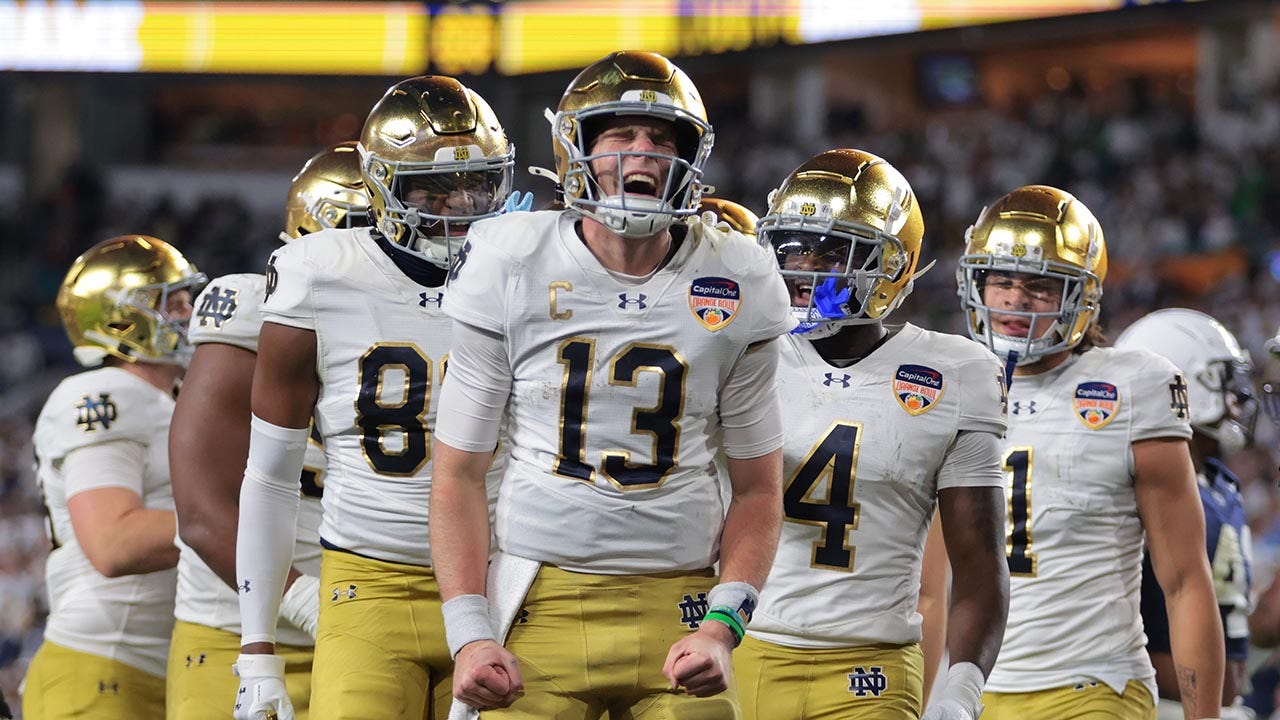Will this turn into a major-party convention tradition? Or just when one party decides to ignore its own primaries?
Almost four weeks ago, rumors began to fly that Robert F. Kennedy Jr had begun negotiating with Donald Trump for an exit from the presidential race. The two men had talked immediately after the assassination attempt on Trump, who then publicly demanded Secret Service protection for RFK. But after Joe Biden abruptly reversed course and withdrew from the election, the buzz began to emerge about negotiations that aimed at getting Kennedy a Cabinet post in exchange for a withdrawal and endorsement of Trump from Kennedy.
That went nowhere, predictably. How do we know that? Kennedy apparently also offered himself up for sale to Kamala Harris, who extended her no-talking-to-media policy to RFK, according to the Washington Post:
Independent presidential candidate Robert F. Kennedy Jr. sought a meeting last week with Democratic nominee Kamala Harris to discuss the possibility of serving in her administration, perhaps as a Cabinet secretary, if he throws his support behind her campaign and she wins, according to Kennedy campaign officials.
Harris and her advisers have not responded with an offer to meet or shown interest in the proposal, say people familiar with the conversations.
According to the New York Times, the message this time was blunt — buzz off:
“We’ve reached out repeatedly through the highest level intermediaries,” Mr. Kennedy wrote in a text message on Wednesday night. “We’ve been told that they have no interest in talking with me.”
Faced with outright rejection, Kennedy waxed philosophical. Or psychological. It’s tough to tell the difference with RFK:
On Wednesday night, Mr. Kennedy wrote: “I’ve always argued that we should be willing to talk with each other across party lines. I’m willing to meet with leaders of both parties to discuss the possibility of a unity government.”
There’s no problem with talking across party lines. That happens all the time in Congress, out of necessity. But what in the world would be a “unity government” in the American federalist model? The states elect the president and VP of one party or the other, and those officers exclusively hold that authority and power. Cabinet officials only have the authority delegated to them by the president, so even if a president chose both Democrats and Republicans for his/her Cabinet, they would only serve as long as they implemented the president’s policy and regulatory agenda. That’s not unity as much as it is window-dressing or PR.
Unity governments are nearly impossible even in parliamentary systems, and usually only form in moments of great national crisis. Those are the only conditions in which free nations find themselves unified enough to legitimize a unity government. Even then, they tend to fall apart as those crises wear on and differences over policy and performance emerge, as we saw in Israel in May. Unity governments don’t exist at all in systems where the executive gets elected independently of a parliament and remains separate from its authority. The entire point of a federalist system is to check power through co-equal and separate powers, which is the opposite of “unity.”
Besides which … has RFK looked around lately? Does he see a Unity Electorate anywhere? Why would a government reflect a unity that doesn’t exist within the population that votes for it? We have elections to settle control of policy based on how voters choose to be governed, not to elect people to rule for the sake of ruling. Or at least we used to have elections for that purpose before the Protection Racket Media began “vibing,” or something.
Small wonder neither candidate wanted to cut a deal with RFK. He’s out of his mind, politically speaking. At least.
So what does Kennedy do now? It’s pretty clear that he’s looking for an exit from the race. He’s still third in five-way polling in RCP’s aggregate averaging, but only gets 5.5% at a national level and isn’t a serious threat to either Trump or Harris in the battleground states, not even really as a spoiler. Trump only trails by one point in that aggregation now, and it may benefit him more to string Kennedy along for a while to see if he can get RFK to endorse him without any firm promises of a Cabinet position.
However, as Morrissey’s Axiom on Dating and Politics states, Desperation is not an aphrodisiac. Kennedy may be devaluing himself too quickly for anyone to buy at even a token price, a situation that also has some parallels to dating, which we’ll leave unexplored at the moment.
Read the full article here





![Adam Carolla Says Wildfires and ‘9 Angry Lesbians’ Will Red-Pill Victims [WATCH] Adam Carolla Says Wildfires and ‘9 Angry Lesbians’ Will Red-Pill Victims [WATCH]](https://www.lifezette.com/wp-content/uploads/2025/01/2025.01.09-09.00-lifezette-67803906df393.jpg)



